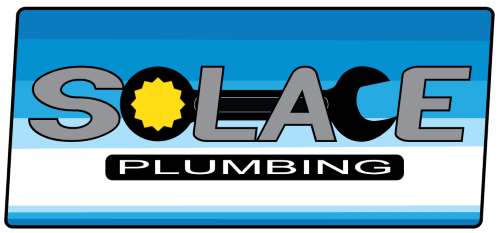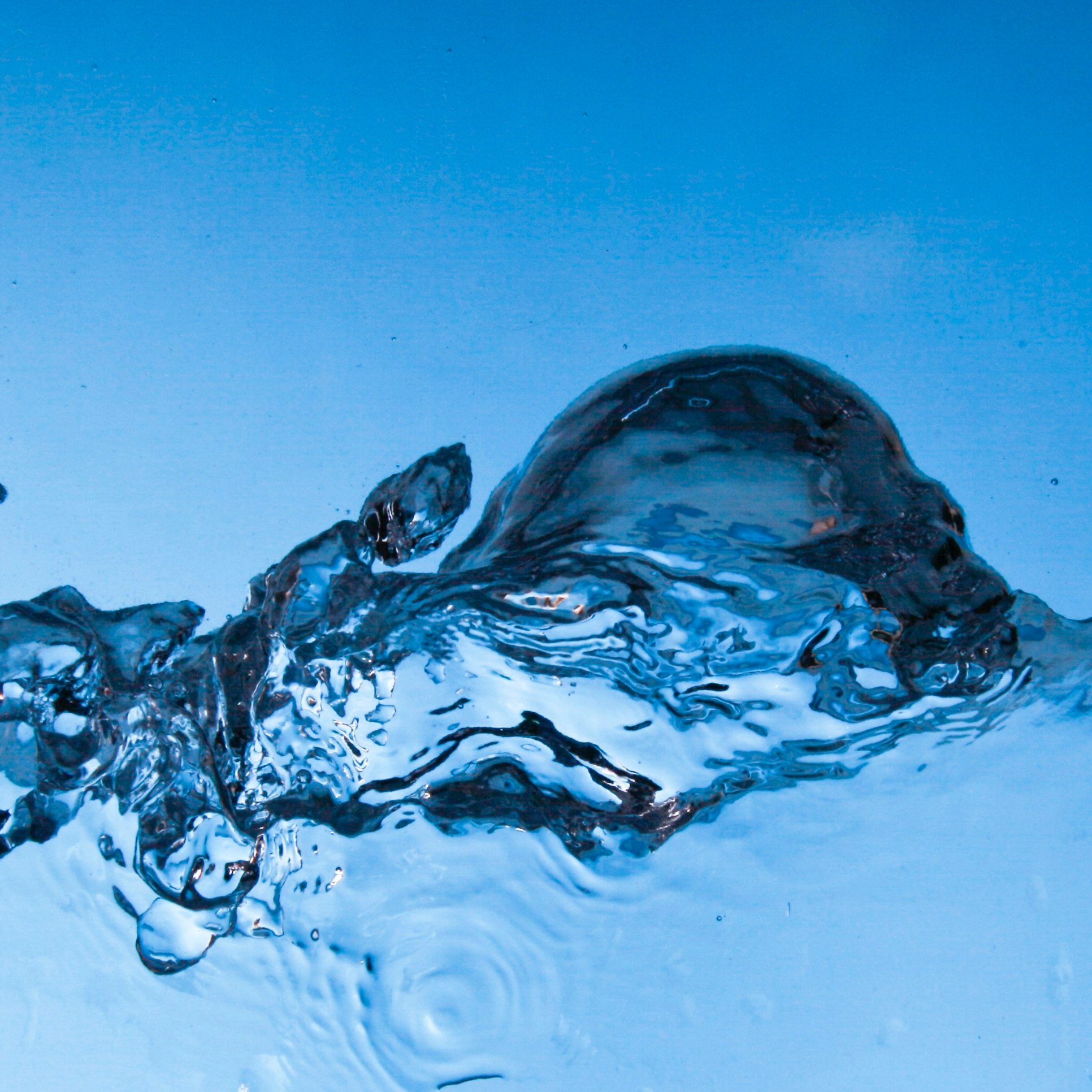Common Ways of Wasting Water
Water is a precious resource, essential for life and well-being.
Water is a precious resource, essential for life and well-being. However, many everyday activities and habits contribute to its unnecessary waste. Understanding these common ways can help in adopting practices that conserve water, benefiting both the environment and household expenses.
Leaky Faucets and Pipes
One of the most common ways water is wasted is through leaky faucets and pipes. Even a small drip can lead to notable water loss over time. A licensed plumber can identify and repair these leaks, preventing further waste and potential damage to the home. Regular inspections and maintenance are crucial in keeping the plumbing system efficient.
Overwatering Lawns and Gardens
Overwatering is a frequent mistake made by homeowners when caring for lawns and gardens. Watering too frequently or for too long can lead to water runoff, evaporation, and ultimately, wasted water. It is advisable to water during early morning or late evening when evaporation is lower. Additionally, using drought-resistant plants and efficient irrigation systems can significantly reduce water usage.
Running Toilets
A running toilet can waste huge quantities of water without being noticed. This issue often arises from a faulty flapper valve, which can be easily replaced. Regular checks and prompt, professional plumbing repair services can prevent this from becoming a persistent problem. Upgrading to water-efficient toilets can also make a substantial difference in water conservation.
Long Showers
Taking long showers is another common way people waste water. Decreasing shower time by just a few minutes can save gallons of water each day. Installing low-flow showerheads can further reduce water consumption without sacrificing water pressure. Being mindful of shower habits can contribute greatly to overall water savings.
Ignoring Water-Efficient Appliances
Many households continue using outdated appliances that consume more water than necessary. Dishwashers, washing machines, and even toilets have seen significant advancements in water efficiency. Upgrading to modern, water-efficient appliances can lead to substantial reductions in water usage. Consulting with a licensed plumber can provide insights into the best options for water-saving appliances.
Using Water to Clean Driveways and Sidewalks
Utilizing a hose to clean driveways and sidewalks is an inefficient and wasteful practice. Instead, sweeping or using a leaf blower can achieve the same results without wasting water. Reserving water use for more essential activities can make a big difference in overall conservation efforts.
Neglecting to Use a Dishwasher Efficiently
Dishwashers can be more water-efficient than handwashing, but only when used properly. Running the dishwasher with partial loads wastes water. Waiting until the dishwasher is full before running a cycle maximizes efficiency. Additionally, using eco-friendly cycles and avoiding pre-rinsing dishes can further reduce water usage.
Overusing Garbage Disposals
Garbage disposals use a significant amount of water to operate effectively. Overusing them wastes water and can lead to plumbing issues. Composting organic waste is a more water-efficient alternative that benefits the garden and reduces strain on the plumbing system.
Washing Cars with a Hose
Washing cars at home using a hose can waste a substantial amount of water. Opting for a commercial car wash that recycles water is a more environmentally friendly option. If washing at home is preferred, using a bucket and sponge and limiting hose use can significantly reduce water consumption.
Ignoring Small Drips and Leaks
Small drips and leaks are often overlooked because they seem insignificant. However, these small issues can add up to a large amount of wasted water over time. Regularly checking faucets, showerheads, and other water fixtures for leaks can help in identifying and addressing problems early. Professional plumbing repair services can fix these issues efficiently.
Not Using Rain Barrels
Rain barrels are a perfect way to collect and reuse rainwater for gardening and outdoor cleaning. This practice decreases reliance on municipal water supplies and helps conserve water. Installing rain barrels is a simple way to make use of natural resources and reduce water waste.
Educating Household Members
Educating all household members about the importance of water conservation is crucial. Simple changes in habits can make a significant impact. Encouraging mindful water use and promoting water-saving practices can create a culture of conservation in a home.
Adopting these practices helps in conserving water and reduces household expenses and contributes to environmental sustainability. Engaging with professional plumbing repair services and staying informed about water-efficient solutions can further enhance these efforts. Every drop saved contributes to a more sustainable future.
Get top-notch water softener installation and repair, repiping, slab leak, plumbing remodels, backflow services, and plumbing video camera inspection in Gilbert, AZ, with Solace Plumbing. We are licensed and insured with a team of expert technicians offering the highest quality products and services at competitive pricing. We guarantee 100% customer satisfaction. Contact us for more information.

